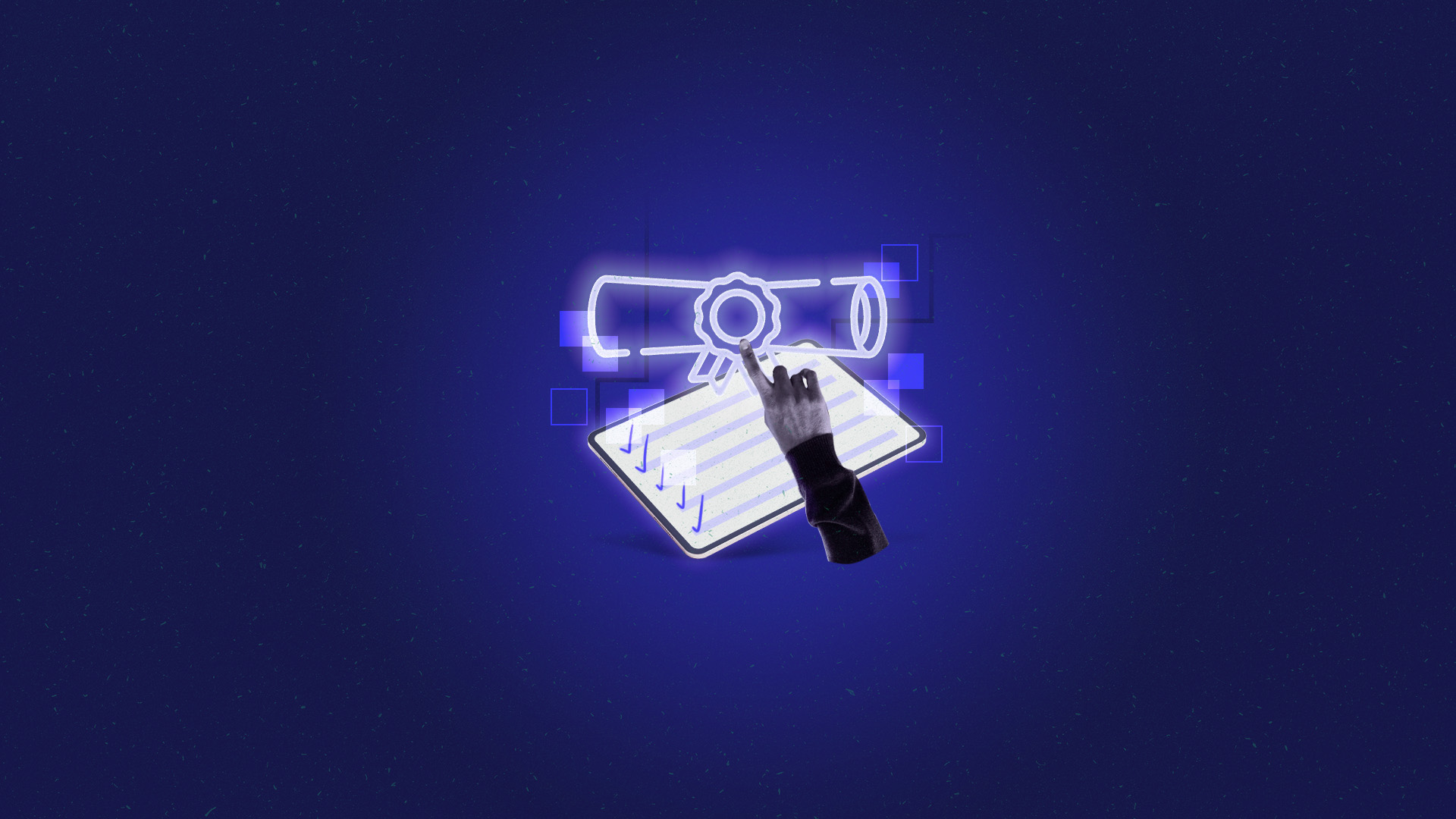
Verified by the Blockchain: Digital Credentials and Their Place in Higher Education
It comes as no surprise that prospective employees exaggerate a detail or two on their resume. Some may tap an old roommate to pose as a reference or even claim to be fluent in a language that they studied for a mere semester in high school. But for many employers, proof of an employee’s academic credentials is incredibly important, as degree completion shows a strong sense of determination, grit, and soft skill comprehension. Verifying these credentials, while essential, is challenging, as nearly half of job seekers seem to represent them falsely.
In its current state, the verification process seems to negatively impact schools, students and employers alike. It’s incredibly expensive, costing public colleges an average of $210 million annually. For students requesting transcripts for future employers or graduate admissions, costs are completely out of pocket, and the delivery of the actual documents can take days. In time-sensitive situations, waiting for documents to be delivered is another source of stress which can potentially derail the whole application process.
The Blockchain as a Possible Solution
In today’s digital world, verifying credentials should be much simpler. Using blockchain technology and NFTs, universities can easily authenticate degree details with a system that increases efficiency, security, and transparency. Think of the blockchain as a shared digital ledger—any transactions, changes, or new exchanges become blocks of data that are chained together. This data is permanent and can be viewed using public and private keys.
Existing within the blockchain are NFTs, or non-fungible tokens, which function as unique digital assets that hold individualized data that cannot be replicated. These distinctive assets could then serve as digital diplomas that are stored on the blockchain, making it cheaper and simpler for colleges to issue diplomas and for third parties to confidently verify credentials on a virtual database.
The Blockchain is Better For Everyone
Transitioning to a virtual database poses significant benefits for universities, graduates, and employers across the board. By embracing this new technology, colleges and universities can protect their institutional reputation from anyone that attempts to claim a degree they did not earn. This solution also significantly reduces costs for institutions by cutting down on the man-hours needed to issue diplomas, transcripts or other documents. Not only this, but the use of this technology proves that an institution is willing to adopt innovative and future-forward approaches to academia, which is even more compelling when working to attract incoming students.
The benefits of digital credentials aren’t just limited to universities and colleges, as this technology also improves the experience for graduates. Rather than contacting their school, paying to obtain a copy of their diploma or transcript, and then waiting for the physical delivery of any documents, graduates are provided with a quick and accessible new way to display and celebrate their credentials. These benefits also extend outside the academic sphere, as businesses, government entities and the media are provided with a way to quickly validate applicant’s credentials during the hiring process or verify data in an attempt to correct misinformation.
Ultimately ease of access and verification makes the blockchain an innovative tool that can change how academic credentials are distributed and verified.